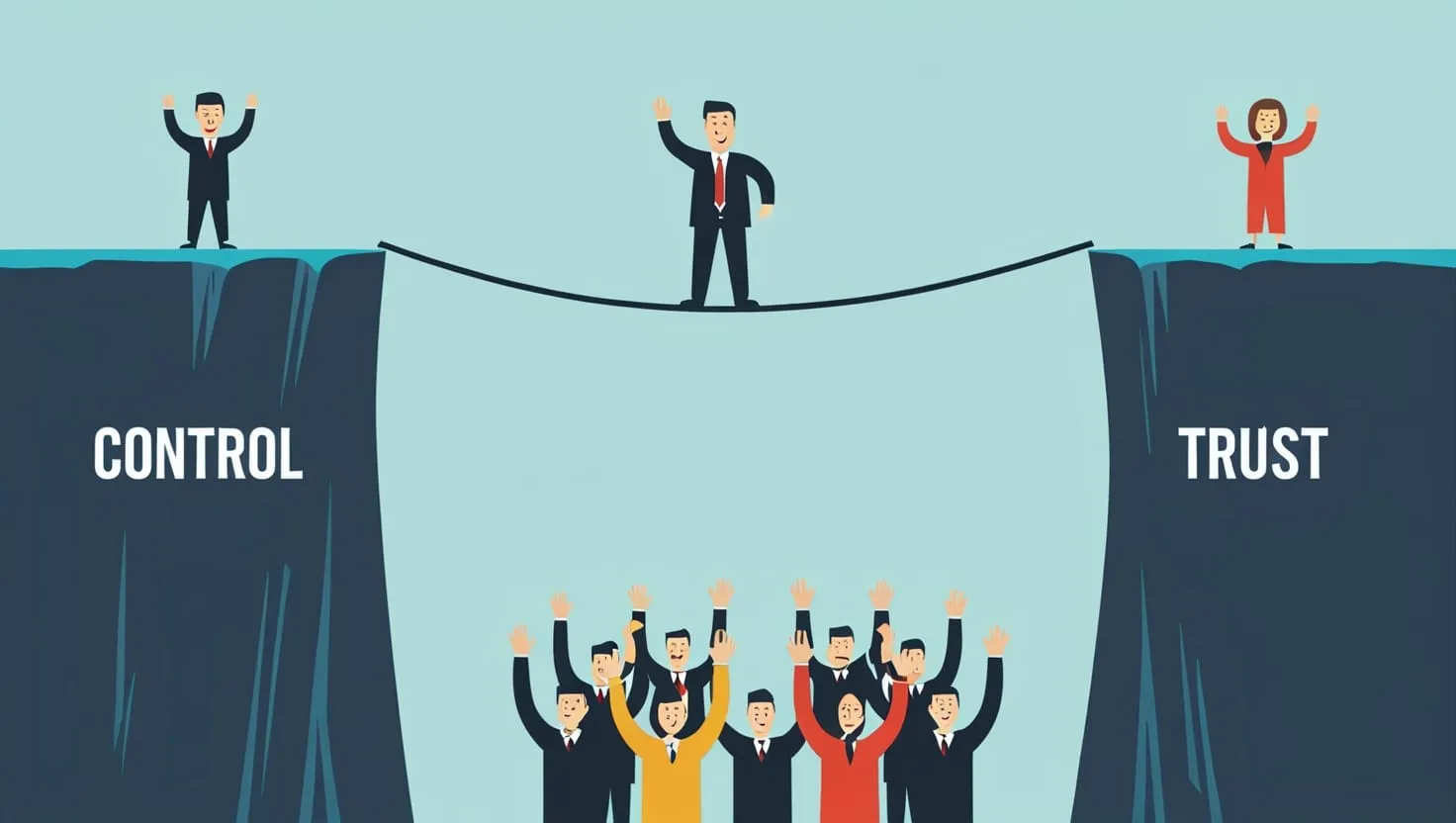Leadership in the Modern Workplace: Evolving Styles for Success
The world of work is changing at a breakneck pace. Gone are the days when a single leadership style could carry you through your entire career. Today's leaders need to be chameleons, adapting their approach every few years to stay effective and relevant.
Think back to the old-school bosses of the past. They were often autocratic, barking orders and expecting blind obedience. That might have worked during the Industrial Revolution, but it's a recipe for disaster in today's workplace. We've come a long way since then, and modern employees – especially the younger generations – have very different expectations.
So, what does leadership look like in 2023 and beyond? Let's dive in and explore some key trends.
Empathy is the New Superpower
If there's one skill that separates great leaders from the rest, it's empathy. We're not talking about being a pushover – it's about genuinely connecting with your team on a human level. Take a moment to ask how someone's day is going, or what book they're reading. These small gestures build trust and make people feel valued.
Think about it – would you rather work for a boss who sees you as a cog in the machine, or someone who genuinely cares about your well-being? It's a no-brainer. Empathetic leaders inspire loyalty and bring out the best in their teams.
Collaboration is King
The days of the lone-wolf leader are over. Today's most successful leaders know how to harness the power of collaboration. They create an environment where everyone feels comfortable sharing ideas and taking risks. It's about building a shared sense of purpose and getting everyone rowing in the same direction.
This collaborative approach ties in nicely with the concept of servant leadership. Instead of sitting in an ivory tower, servant leaders roll up their sleeves and support their team's growth and development. They lead by example and put their people first.
Embracing the Tech Revolution
Technology has completely transformed the way we work, and leaders need to keep up. With remote and hybrid work becoming the norm, you've got to be comfortable managing virtual teams. This means mastering video calls, instant messaging, and project management tools.
But it's not just about the tools – it's about creating a sense of connection and community in a digital world. Great leaders find ways to build trust and foster collaboration, even when their team is spread across different time zones.
Agility is Everything
In today's fast-paced business world, the ability to pivot quickly is crucial. Leaders need to be able to switch up their style depending on the situation. Sometimes you need to make quick, decisive calls. Other times, a more democratic approach works best.
The key is to read the room (or the Zoom) and adjust accordingly. Flexibility is your friend when it comes to modern leadership.
Making Work Meaningful
Here's a hard truth: most people aren't motivated by a paycheck alone. They want to feel like their work matters. This is especially true for younger employees who are looking for purpose in their careers.
As a leader, it's your job to connect the dots between day-to-day tasks and the bigger picture. Help your team understand how their work contributes to the company's mission and goals. When people see the impact of their efforts, they're more likely to go the extra mile.
Trust Over Micromanagement
Let's face it – nobody likes being micromanaged. It's demotivating and sends the message that you don't trust your team. Modern leaders are more like coaches than traditional bosses. They provide guidance and support, but they also give their people the freedom to take ownership of their work.
This approach is especially important in remote work settings. You can't look over someone's shoulder when they're working from home, so you need to trust that they'll get the job done.
Never Stop Learning
The best leaders are lifelong learners. They stay curious and are always looking for ways to improve their skills. This might mean taking online courses, attending virtual conferences, or simply reading widely.
But it's not just about personal growth – great leaders create a culture of learning within their teams. They encourage knowledge sharing and provide opportunities for professional development. When everyone is growing together, it creates a dynamic and innovative workplace.
Building a Sense of Community
Leadership isn't just about managing tasks – it's about creating a sense of belonging. This is more important than ever in our increasingly digital world. Great leaders find ways to bring their teams together, whether it's through virtual coffee breaks, team-building activities, or in-person meetups when possible.
By fostering a strong community, you create a supportive environment where people feel comfortable taking risks and sharing ideas. This sense of camaraderie can be a powerful motivator and help retain top talent.
Leading with Purpose
Today's employees, especially younger generations, want to work for companies that stand for something. As a leader, you need to think beyond profit margins and consider your organization's impact on society and the environment.
This might mean supporting local community initiatives, promoting diversity and inclusion, or implementing sustainable business practices. When you lead with purpose, you not only make a positive impact on the world but also attract and retain employees who share your values.
Preparing for an Uncertain Future
If there's one thing we can be sure of, it's that the future of work will continue to evolve. The leaders who thrive will be those who can adapt to change and help their teams navigate uncertainty.
This means staying on top of industry trends, anticipating challenges, and being proactive rather than reactive. It also means being comfortable with ambiguity and helping your team build resilience in the face of change.
Wrapping It Up
Leadership in the modern workplace is a far cry from the command-and-control styles of the past. Today's most effective leaders are empathetic, collaborative, and adaptable. They embrace technology, foster meaningful work, and build strong communities.
Remember, there's no one-size-fits-all approach to leadership. The key is to stay flexible and continuously evolve your style to meet the changing needs of your team and organization. By doing so, you'll not only retain top talent but also drive your company towards success in an ever-changing world.
So, take a moment to reflect on your leadership style. Are you keeping up with the times? Are you connecting with your team on a human level? Are you embracing change and fostering innovation? If not, it might be time for a leadership makeover. After all, in today's fast-paced world, the only constant is change – and that applies to leadership as much as anything else.






